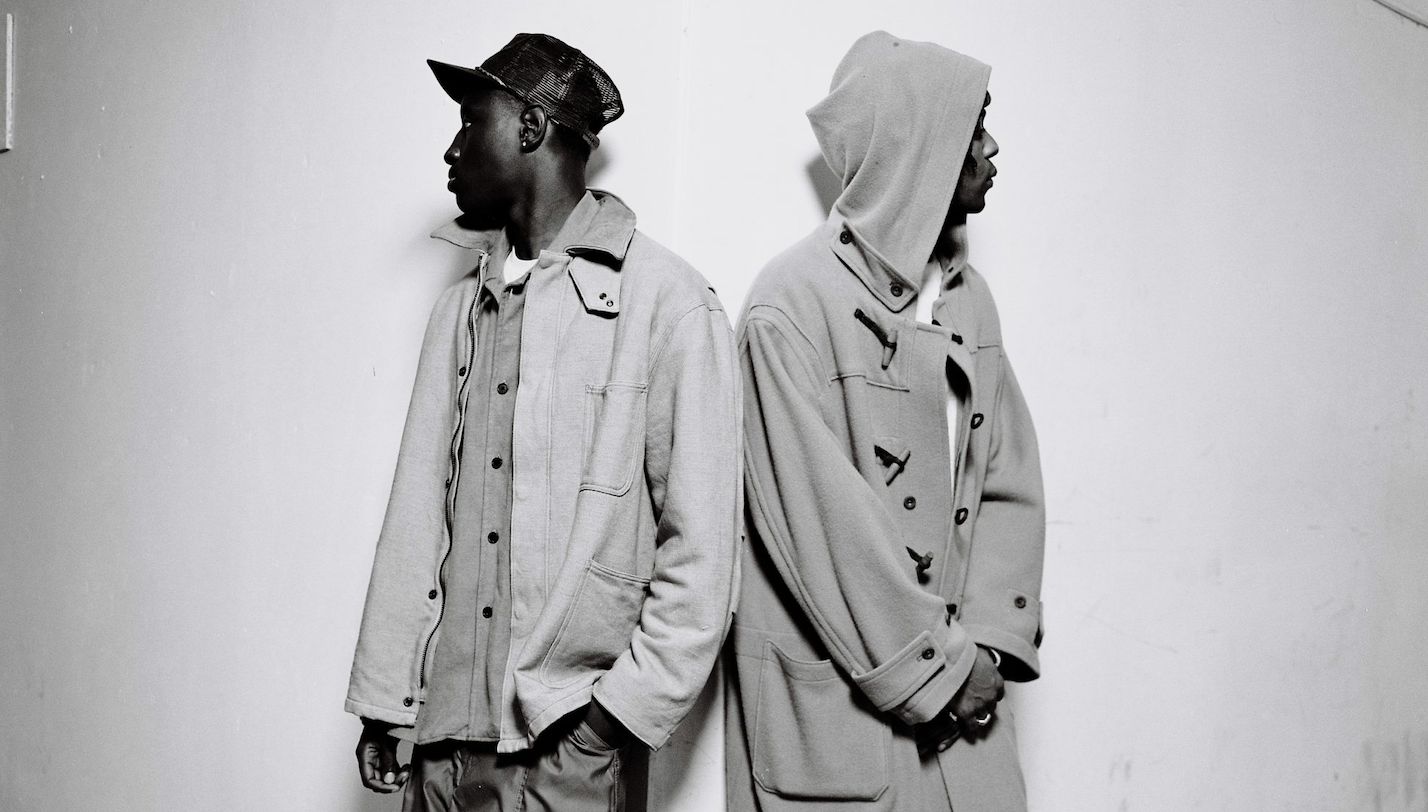As Men’s Independent Retailers Decline, So Does The Community it Built

As Men’s Independent Retailers Decline, So Does The Community it Built
Written by By Hannah Makonnen
Fashion Minority Reports
“When [Oi Polloi] opened 20 years ago, it didn’t have a website for the first three years; it was just a rumour that this cool shop in Manchester existed.” These are the fond reminiscence of Mancunian Glenn Kitson, who spoke to The Face last week about Oi Polloi’s eclectic mix of clothing and ability to cross subcultures and generations.
For many, the store was a beacon against a backdrop of a thousand online brands, reminding people of the small joys that physical shopping can bring; browsing curiously at a curated selection of clothes, with maybe a cult classic playing in the background, surrounded by the warm atmosphere of like minded people doing the exact same thing.
But as of last week, Oi Polloi announced it will be shutting its doors and unfortunately, it is not the only of its kind. Wellgosh, Woodhouse, Brown Bag and Tessuti, are brands all known for being important figureheads in shaping the male fashion conscience and independent fashion scene, however, in the last few years, they also shut all physical stores.
Many speculate that the independent franchises such as Tessuti, Wellgosh and Oi Polloi set themselves up for failure when they were bought out by retail tycoon JD Sports, but the wider picture shows a decline that began much before this.

According to research by PwC, more than 8,700 chain stores, shopping centres and retail parks closed in British High Streets in 2021. Numbers have only increased since then, as retailers struggle to keep doors open against a competitive online market.
Though a shift away from physical shopping to online may offer convenience, many believe it lacks personality. Representing a loss of diversity, choice and quality for customers who value independent curation, personal service and access to niche brands.
The recent closures leave mens fashion in the unstable hands of dominating chain retailers, and their capability to adapt to changing consumer preferences, as they pivot to more sustainability-focused brands, collaborations between designers, digital innovation and experiential retailing.
As for Oi Polloi, a community that has built itself up over the last 20 years, loses part of its identity. Many are in mourning, taking to twitter with outpourings, but its founders Steve Sanderson and Nigel Lawson say they shouldn’t worry. “This will be a more distilled, purer stage of Oi Polloi.” states Sanders when speaking to The Face.
But, can anything be in its purest form amongst the vortex of online noise? Time will tell.




